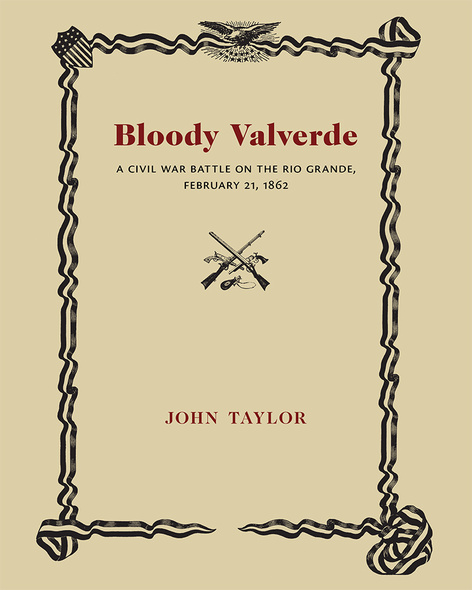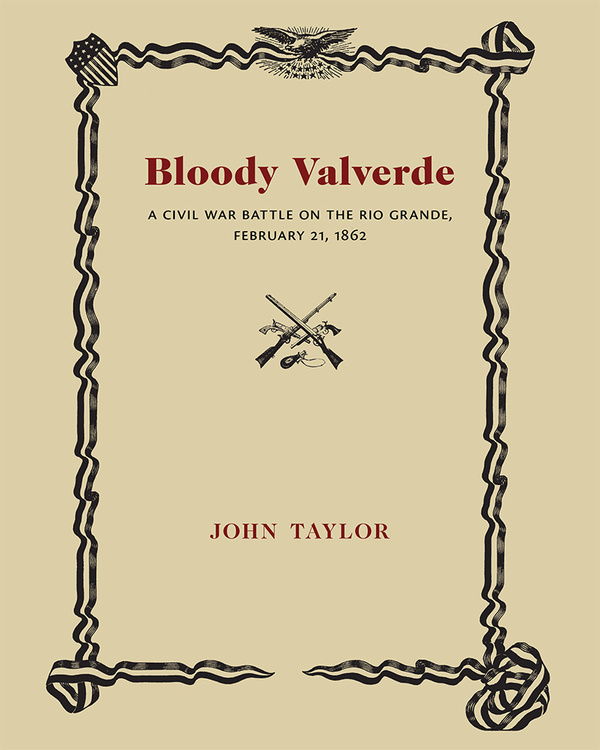
Bloody Valverde
A Civil War Battle on the Rio Grande, February 21, 1862
When Jefferson Davis commissioned Henry H. Sibley a brigadier general in the Confederate army in the summer of 1861, he gave him a daring mission: to capture the gold fields of Colorado and California for the South. Their grand scheme, premised on crushing the Union forces in New Mexico and then moving unimpeded north and west, began to unravel along the sandy banks of the Rio Grande late in the winter of 1862. At Valverde ford, in a day-long battle between about 2,600 Texan Confederates and some 3,800 Union troops stationed at Fort Craig, the Confederates barely prevailed. However, the cost exacted in men and matériel doomed them as they moved into northern New Mexico.
Carefully reconstructed in this book is the first full account of what happened on both sides of the line before, during, and after the battle. On the Confederate side, a drunken Sibley turned over command to Colonel Tom Green early in the afternoon. Battlefield maneuvers included a disastrous lancer charge by cavalry--the only one during the entire Civil War. The Union army, under the cautious Colonel Edward R. S. Canby, fielded a superior number of troops, the majority of whom were Hispanic New Mexican volunteers.
"The definitive study of the Battle of Valverde."--Jerry Thompson, author of Henry Hopkins Sibley
John Taylor is a nuclear engineer at Sandia National Laboratories.




